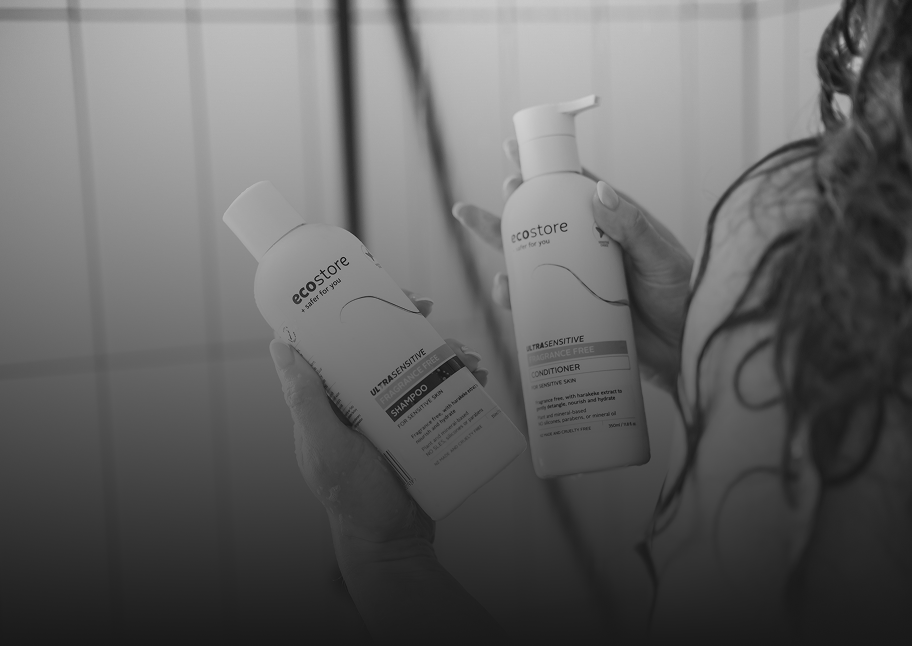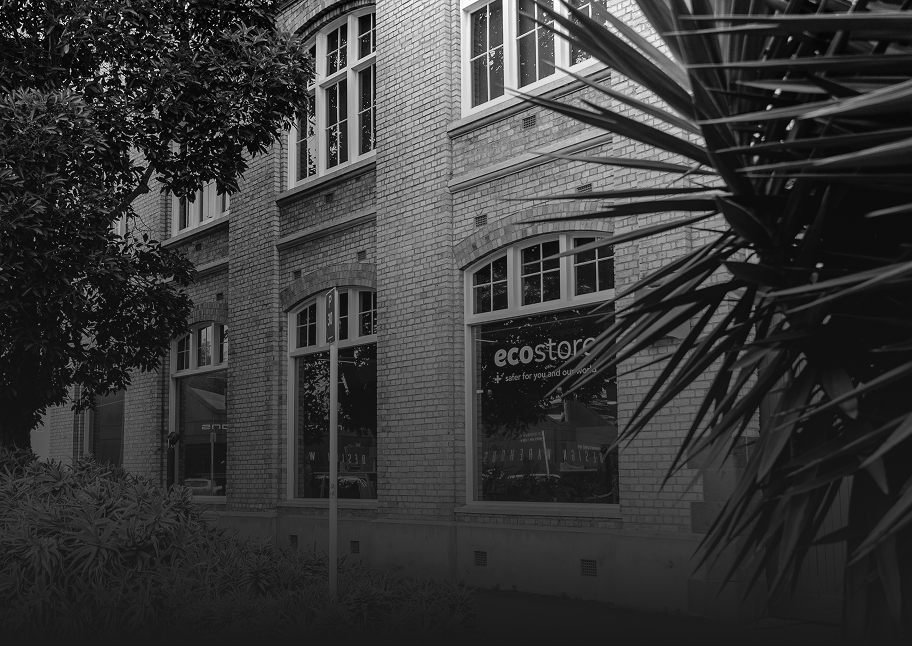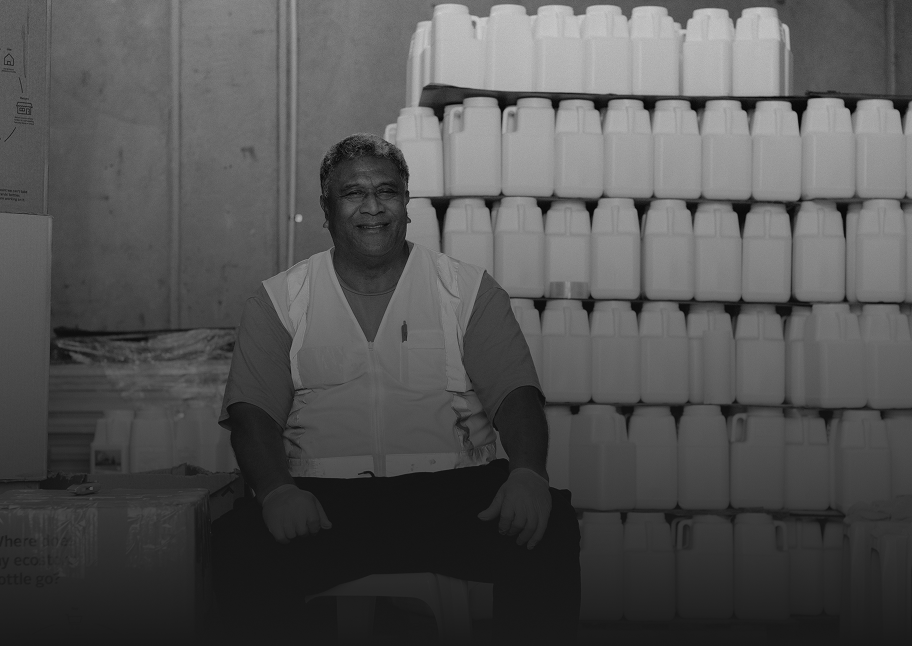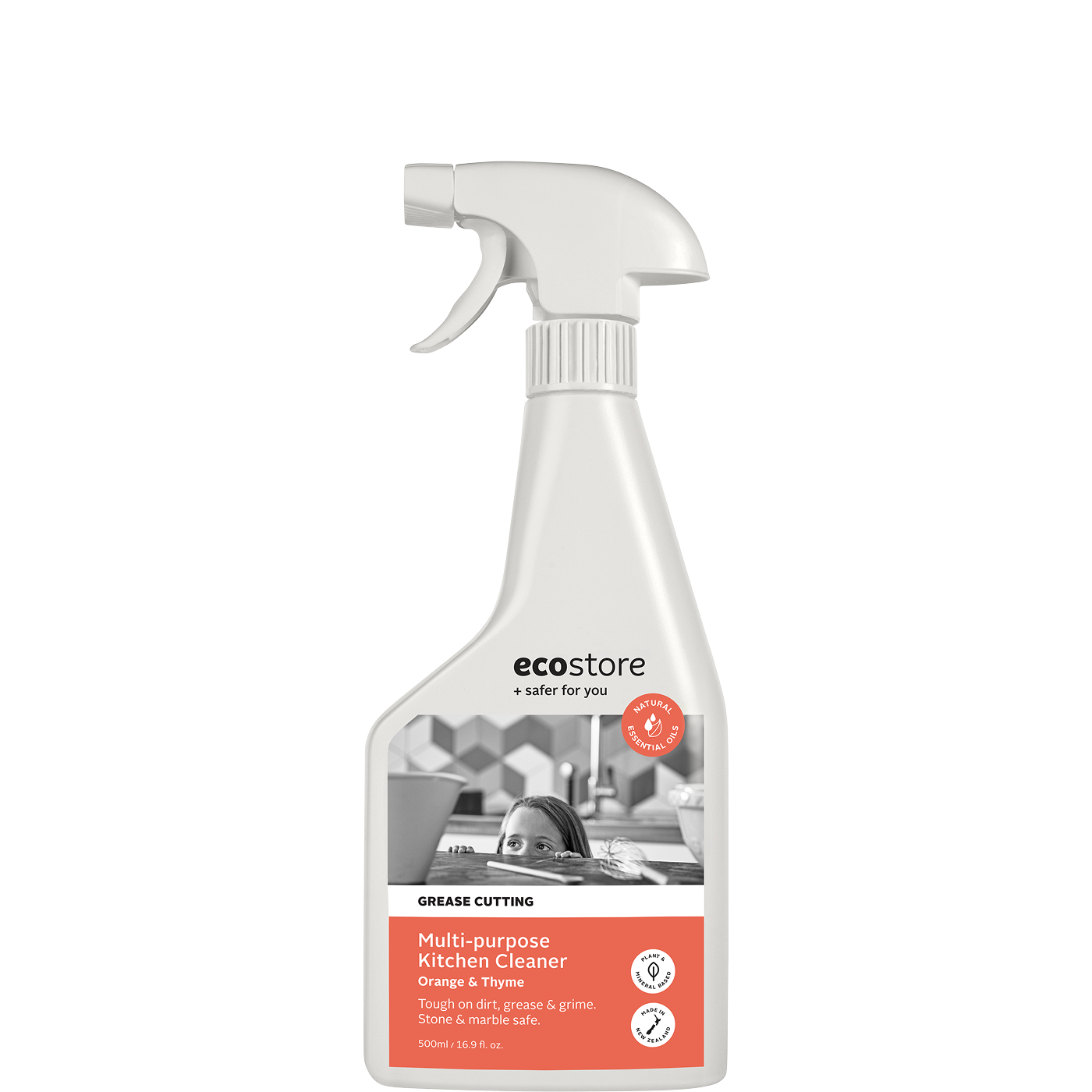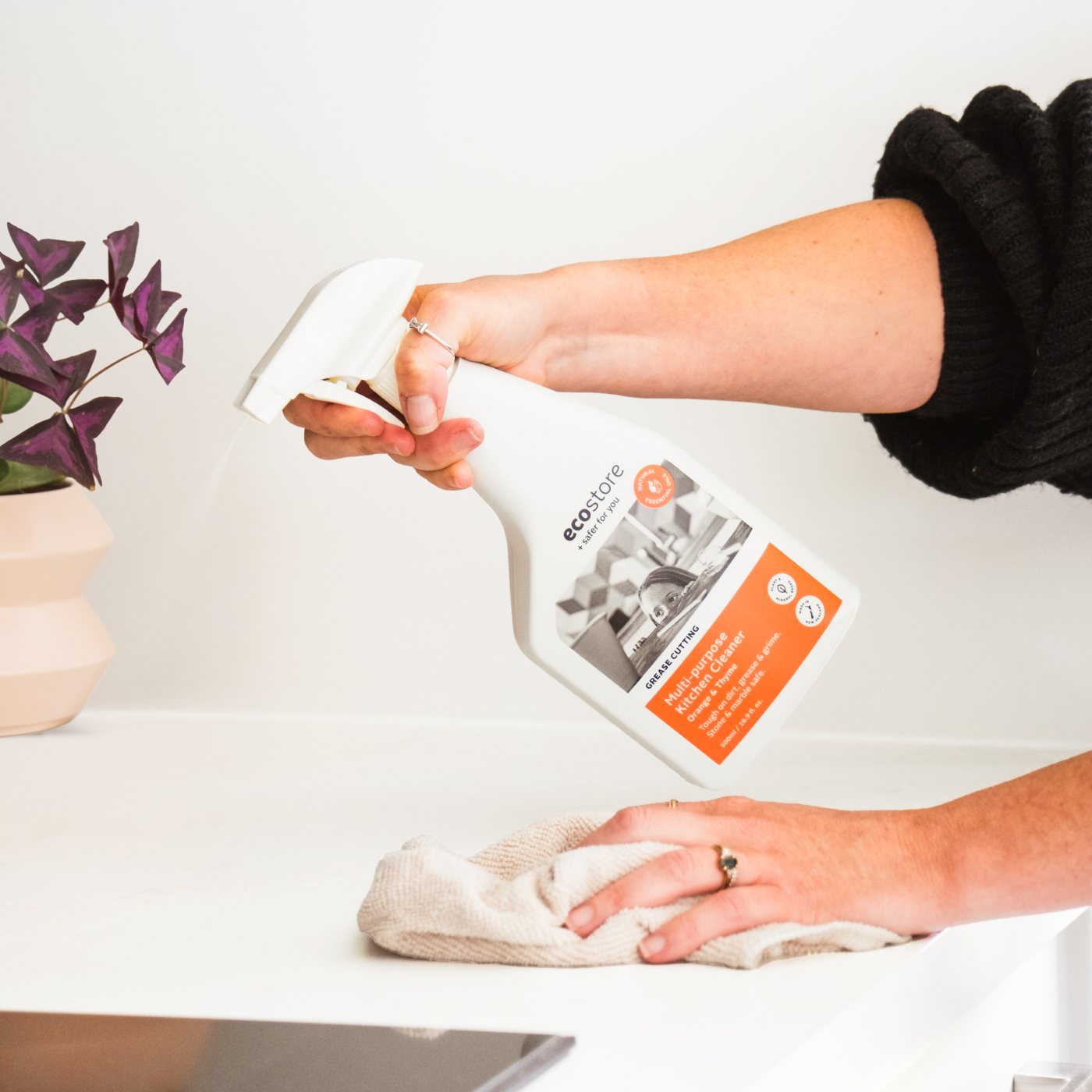Plastic made from sugarcane
Made from a renewable source, making it a better and more sustainable way to make plastic.
Carbon reducing
As sugarcane grows, it removes carbon from the atmosphere. Sugar plastic bottles help to reduce your carbon footprint.
100% recyclable
Kerbside recyclable as #2. Or even better, refill it and reuse it.

Our dream for a better world
We chose sugar plastic for a number of reasons, but the best one is that it comes from a renewable source - and that it actually removes carbon from our atmosphere. Just like trees, as sugarcane grows it takes carbon out of the atmosphere. Sugarcane husks even generate bio-electricity in the factory that makes the sugar plastic, making the production process even more sustainable.
Since moving to sugar plastic in 2014, we’ve saved 7,676 tonnes (1) (and counting) of carbon from being released into the air – that’s as much as driving a car from Cape Reinga to Bluff, 14,610 times!
Our sugar plastic bottles are also 100% recyclable through kerbside collection, so they can be remade into new bottles. And while recycling is great, refilling is an even better option. To make this easier, we already have over 80 locations around New Zealand where you can refill your ecostore favourites (with more planned).
Our Auckland-based factory is also the only manufacturer in Australasia with ISO9001, ISO14001, Toitu Enviromark Diamond and Toitu CarboNZero certifications. These certifications are your guarantee that our products are made with respect and care for our environment. Since 2011, we've also been offsetting our carbon by contributing to New Zealand native forest regeneration and investing in renewable energy generation.
Did you know
If every Kiwi household chose sugar plastic bottles for their home cleaning and body care products for a year, together we’d save 43,000 tonnes (2) of carbon from being released into the atmosphere. That’s the same as any of the following:

9,200
vehicles removed from the road in New Zealand. (3)

6,445
NZ households' electricity consumption for one year. (4)

1 million
trees being planted. (5)
Sustainably sourced from Brazil
Our sugar plastic helps reduce your carbon footprint, and we’ve done our homework to make sure it is a sustainable choice behind the scenes too. We needed to find an alternative to traditional plastic that lived up to the highest possible standards of social and environmental responsibility, and we identified sugarcane plastic as the best option.
90% of sugarcane cultivation and harvesting in Brazil is concentrated more than 2000km from the Amazon Rainforest Region, and a government regulatory framework bans planting in areas with high levels of biodiversity. Commonly planted on degraded pasture land, sugarcane helps recover the soil - and sugarcane bagasse, a waste product from the crushing process - is often used to generate electric power to supply the entire ethanol production process. The crop is primarily rain fed and produced using organic fertilisers. As well, the sugarcane production is carried out under a grower/supplier code of conduct that affords new rights to workers and ensures they have a better quality of life.
Sugar plastic is 100% recyclable, but plastic that’s not recycled properly adds to landfills and pollutes the ocean. Our vision is for zero waste and we’ll continue to innovate to make our packaging more sustainable.

What about recycled plastic?
Across the ecostore retail range, our bottles now contain a mix of renewable sugar plastic and recycled plastic. See why we think this is the best mix right now. And while our bottles are refillable and 100% kerbside recyclable, we’re very much aware that any plastic that’s not properly recycled can end up in landfill or our environment. Our vision is for zero waste – that’s why we’ll keep innovating to make our packaging as sustainable as possible. Please note: our 4.5kg, 5kg, 5L and 20L bulk formats are made from standard HDPE. We're working on this.

Frequently asked questions
If you’d like to find out more about another topic or can’t find what you’re looking for here, please check out our full FAQ list.
References:
1. Approximate values. Calculated based on the volume of sugar plastic purchased by Ecostore from 2014 to October 2018 multiplied by the ‘delta’ effect of these carbon savings (as outlined and provided by Braskem). The delta effect takes into consideration (a) the carbon savings provided from growing sugarcane and producing sugar plastic (including using bio-based electricity), (b) plus the carbon savings from not producing virgin petro-based plastic.
2. Approximate values. Based on conservative assumptions of annual household usage of home cleaning and personal care products, multiplied by the number of NZ households (2013 census report).
3. Approximate values. Total car carbon emissions calculations derived from: https://www.epa.gov/energy/greenhouse-gas-equivalencies-calculator
4. Approximate values. Total electricity consumed by NZ households per year derived from: https://www.epa.gov/energy/greenhouse-gas-equivalencies-calculator
5. Approximate values. Total trees planted derived from: https://www.epa.gov/energy/greenhouse-gas-equivalencies-calculator
6. Life Cycle Assessment Study conducted by our sugarcane-based HDPE supplier in 2013 (Cradle to Gate)
7. Determined according to ASTM D6866. Calculation by the Society of the Plastic Industry, Bioplastics Council report. 92% is a minimum bio-based content which accounts for pigment used to colour our bottles and the carbon calculation test method limitations.
8. The Brazilian Sugarcane Industry Association (UNICA) and the Brazilian Trade and Investment Promotion Agency, ‘Producing Food and Fuel’ http://www.sugarcane.org
Read more

What is palm oil? Palm oil is extracted from both the flesh and kernel of fruit from the oil palm tree. As well as being part of the diet of many people around the world, it can be found in a l...

What is palm oil? Palm oil is extracted from both the flesh and kernel of fruit from the oil palm tree. As well as being part of the diet of many people around the world, it can be found in a l...

